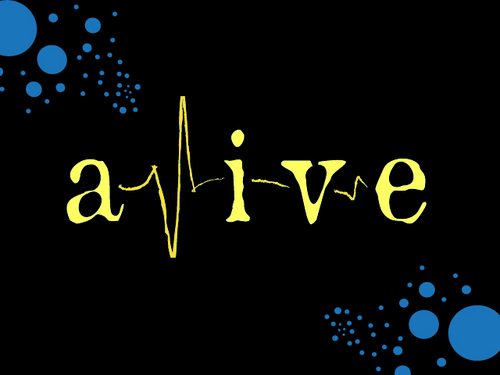The human need to have some kind of control over his living environment has been fundamental to his survival. Control comes in many forms: superior knowledge, sharpened skills, good financial resources, powerful modern technology, and effective manipulation of people in one’s relationships. However, for many people in today’s world, control has to do with being able to hold oneself together. Maintaining a routine of both individual actions and sequences of actions to effectively take care of the personal business of one’s life. Most people have always needed some kind of routine to keep them going, but today the tendency has been aggravated by the sensory distortion in modern technological society. The experiential vacuum created by our frictionless and mediated lives leads to numbness which leads, as one possible reaction, to a need to pull out of the numbness through activities that give us a greater personal sense of control.
Many of us feel a need to find areas of our lives where we can have a feeling of control, an almost total control, to compensate for our sense of a lack of control over the flow of narrative in our lives as a whole. This control can manifest itself in typical obsessive-compulsive behavior like keeping things around oneself in a very neat, close and orderly manner. Or it can manifest itself in taking on different work projects that can give us a sense of dominion in different areas of our lives. Projects to which we give unusually intense focus in order to get them done just right. And then there are the relationships that many people like to control in order to experience minimum organic friction. Once a person becomes very numb, he loses his capacity to properly absorb the organic friction that he actually totally craves. When it comes to relationships, children require some control in order that they learn their limits and, also, in order to feel protected. On the other hand, excessive control of children can ultimately lead to pathological behavior including self-destructive behavior and an extreme rebellion. And certainly excessive control among adults can lead to a loss of capacity for real intimacy. The need for excessive control leads ultimately to people tending to isolate from one another.
So because the need for excessive control can cause a lot of harm to the people who exercise it, we need to find a way of dealing with it. Should we say that we need to find a way to control our need to control. The problem is that the cause of our need to control is not some neatly defined discrete figure that we can somehow effectively confront and manage. The cause is not a focused force, but rather a more diffuse state of being. In Aristotelian terms, the cause is not an easily identifiable efficient cause, but rather a more nebulous material cause. It cannot be easily focused on, because it surrounds us. It is not tangible; it cannot be grabbed onto or held onto. The experiential vacuum permeates everywhere in our modern technological living environment.
Both the causes and the effects generated by the experiential vacuum are subtle and are not readily obvious to casual observation. Most people feel much more comfortable attributing causes that are focused and tangible, that can be mentally and/or physically encompassed and thus, more easily managed, contained and solved. How does one deal effectively with something that is as intangible and diffuse as a vacuum? The notion of an experiential vacuum is somehow too nebulous, too inchoate for most people, who tend to be concrete thinkers and who tend to feel comfortable only with concrete patterns of causation. The problem is that a concrete pattern of causation lends itself more readily to an incomplete pattern of solution.
And this is why when a concrete pattern of causation doesn’t work as a roadmap for dealing with many of the experiential problems that exist for people in modern technological society, these people tend to fabricate smaller simpler problems with smaller simpler efficient causes that do lend themselves to being dealt with through simpler solutions. But there is something very compulsive and very exhausting about solving smaller simpler problems endlessly, problems that have no real impact on the one big problem that is overwhelming them. It is like being a hamster on an endless treadmill.
The truth is there are solutions to dealing with the experiential vacuum. However, because it is so all encompassing, it is not a problem that can be solved in a short period of time. It must be solved little by little, finding ways of reintroducing more sources of organic stimulation gradually back into the environment. It has to be done over many generations, because it took many generations to create the environment of modern technological society. It will take time for people to be able to learn how to absorb again the organic stimulation that they crave. We need a gradual flowing blendable continual solution to the problem. And, of course, as we start feeling less numb, we won’t have a need to create solutions where we can have control for control’s sake, in order to create an artificial abrasive friction and feel more alive. Instead as we regenerate more organic living environments, we will be regenerating an organic friction that is an intrinsic part of these living environments, and we will get used to it again. And we will get used to really start living again.


























